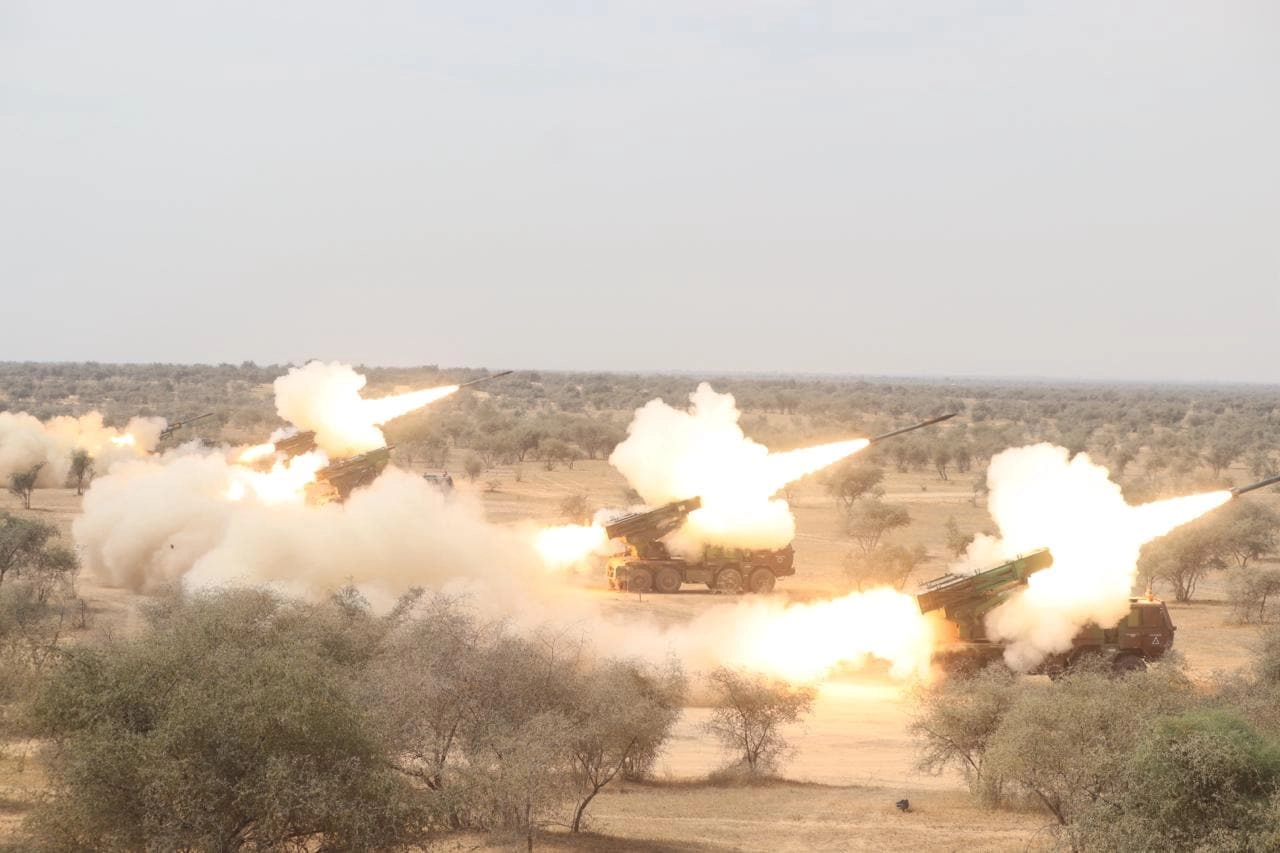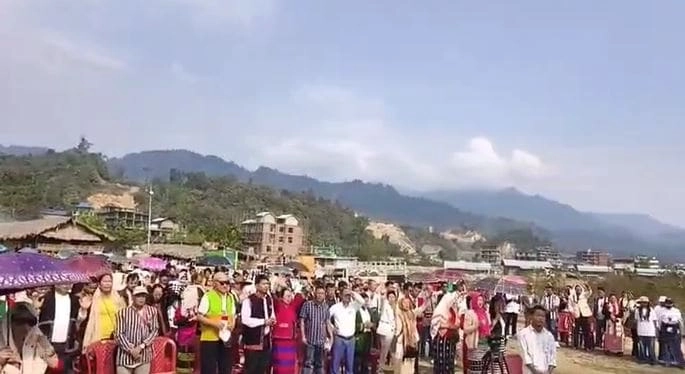In a significant escalation of tensions in the region, India has launched targeted strikes against terrorist bases located in Pakistan. This military action is a direct response to the recent attack in Pahalgam, a popular tourist destination in Jammu and Kashmir, which resulted in the loss of innocent lives and sent shockwaves through the nation. The Indian government has taken a firm stance against terrorism, emphasizing its commitment to safeguarding national security and protecting its citizens from external threats.
The Pahalgam attack, which was reportedly orchestrated by terrorist groups operating from across the border, has once again highlighted the persistent issue of cross-border terrorism that India faces. In light of this incident, Indian authorities have reiterated their zero-tolerance policy towards terrorist activities and have vowed to take decisive action against those who seek to undermine peace and stability in the region. The strikes on terrorist bases are not just a retaliatory measure; they also serve as a warning to groups that continue to operate with impunity from within Pakistan.
Moreover, this military action is a reflection of India’s evolving defense strategy, which increasingly incorporates preemptive strikes against perceived threats. The government believes that by targeting these bases, it can dismantle the infrastructure that supports terrorism and deter future attacks. This approach underscores the urgency with which India views the threat of terrorism, as well as its resolve to act decisively in the face of aggression.
The international community is closely monitoring these developments, as they could have far-reaching implications for regional stability. Pakistan has condemned India’s actions, asserting that such strikes violate its sovereignty and could escalate tensions further. However, India maintains that it is exercising its right to self-defense in response to unprovoked attacks. As both nations navigate this fraught landscape, the potential for dialogue appears increasingly limited, with each side entrenched in its position. The situation remains fluid, and the global community’s response will be crucial in shaping the future dynamics of India-Pakistan relations.




